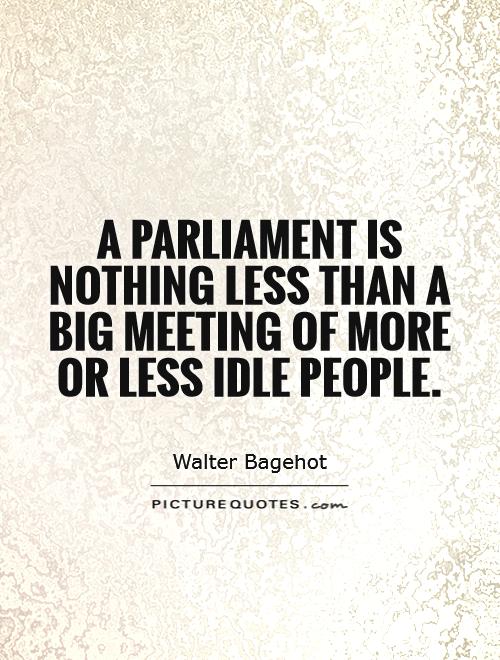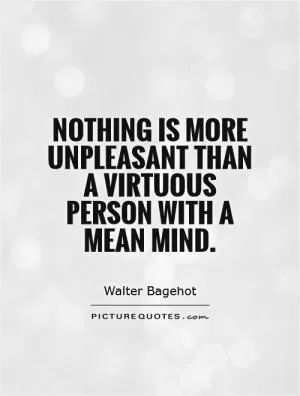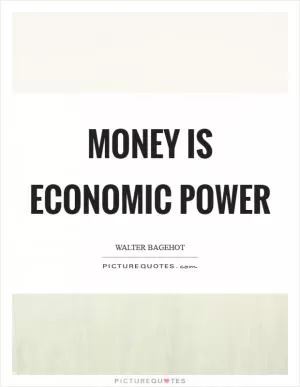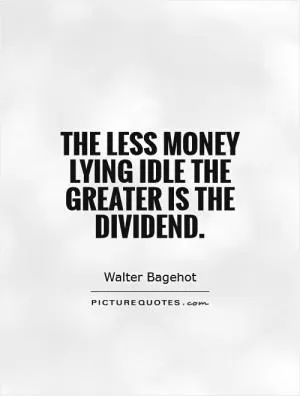A Parliament is nothing less than a big meeting of more or less idle people

A Parliament is nothing less than a big meeting of more or less idle people
Walter Bagehot, a prominent British journalist, economist, and political analyst, famously remarked that "A Parliament is nothing less than a big meeting of more or less idle people." This statement, made in the 19th century, continues to provoke thought and debate about the nature and function of parliamentary systems around the world.Bagehot's observation can be interpreted in several ways. On one hand, it can be seen as a critique of the perceived inefficiency and ineffectiveness of parliamentary bodies. In many cases, parliaments are indeed filled with individuals who may not be actively engaged in the legislative process or who may be more focused on political maneuvering and personal agendas than on serving the interests of the public. This can lead to a perception of idleness and a lack of productivity within parliamentary settings.
However, it is important to consider the broader context in which Bagehot made this statement. He was writing during a time of significant political and social change in Britain, as the country transitioned from a monarchy to a constitutional monarchy with a parliamentary system. Bagehot was a keen observer of the workings of the British Parliament and sought to understand the dynamics of power and influence within this institution.












 Friendship Quotes
Friendship Quotes Love Quotes
Love Quotes Life Quotes
Life Quotes Funny Quotes
Funny Quotes Motivational Quotes
Motivational Quotes Inspirational Quotes
Inspirational Quotes